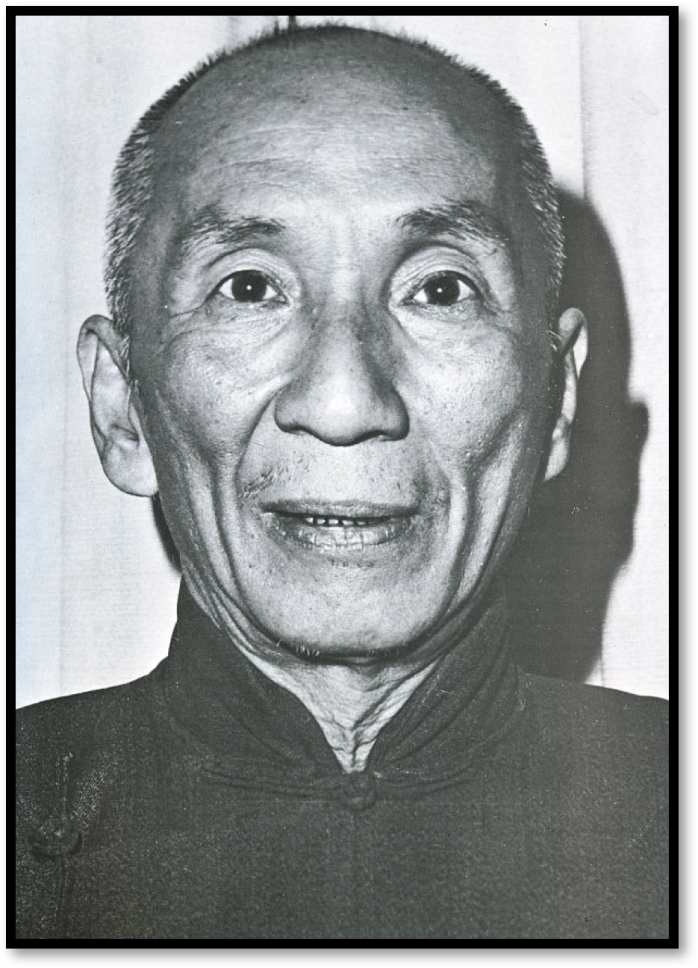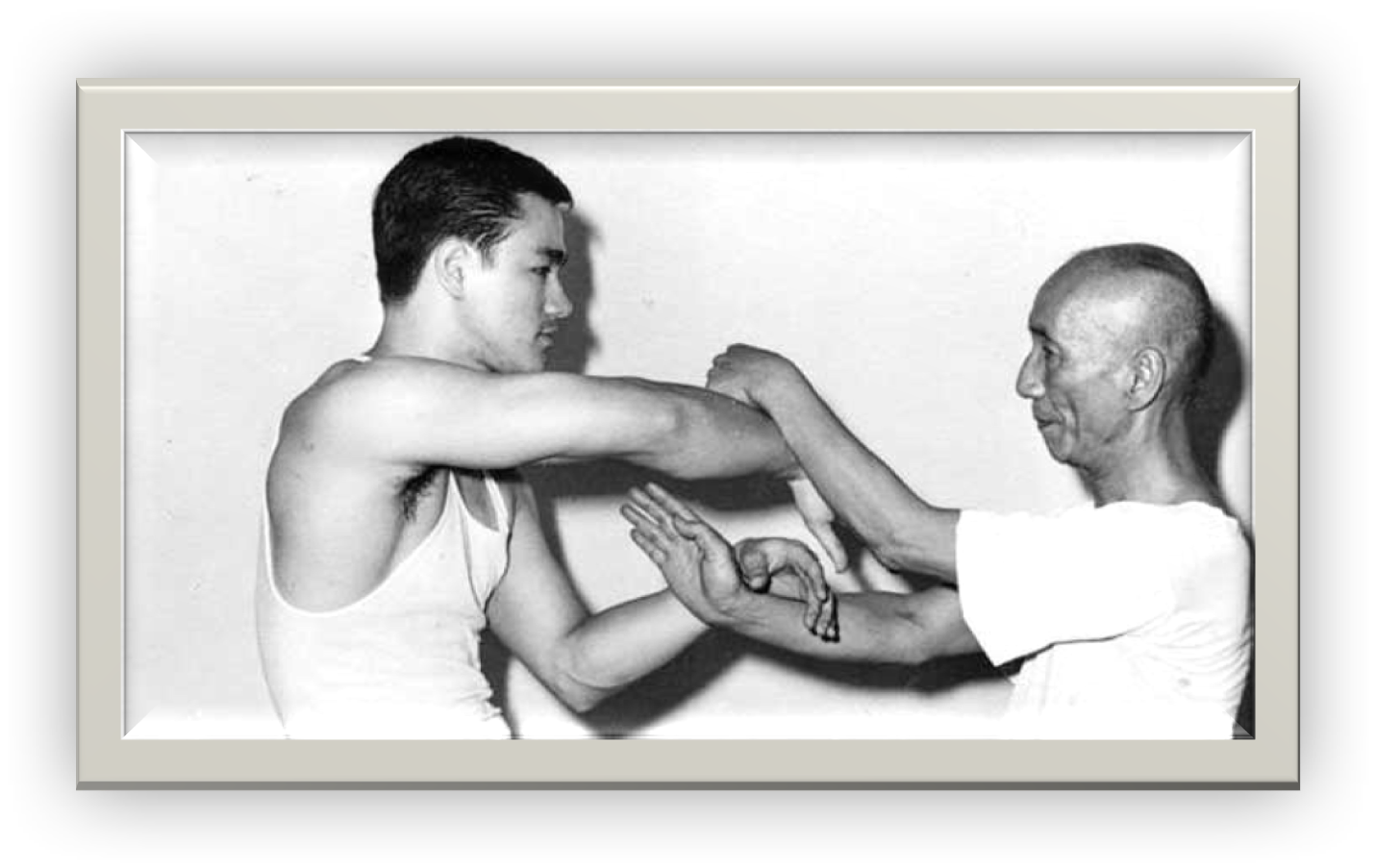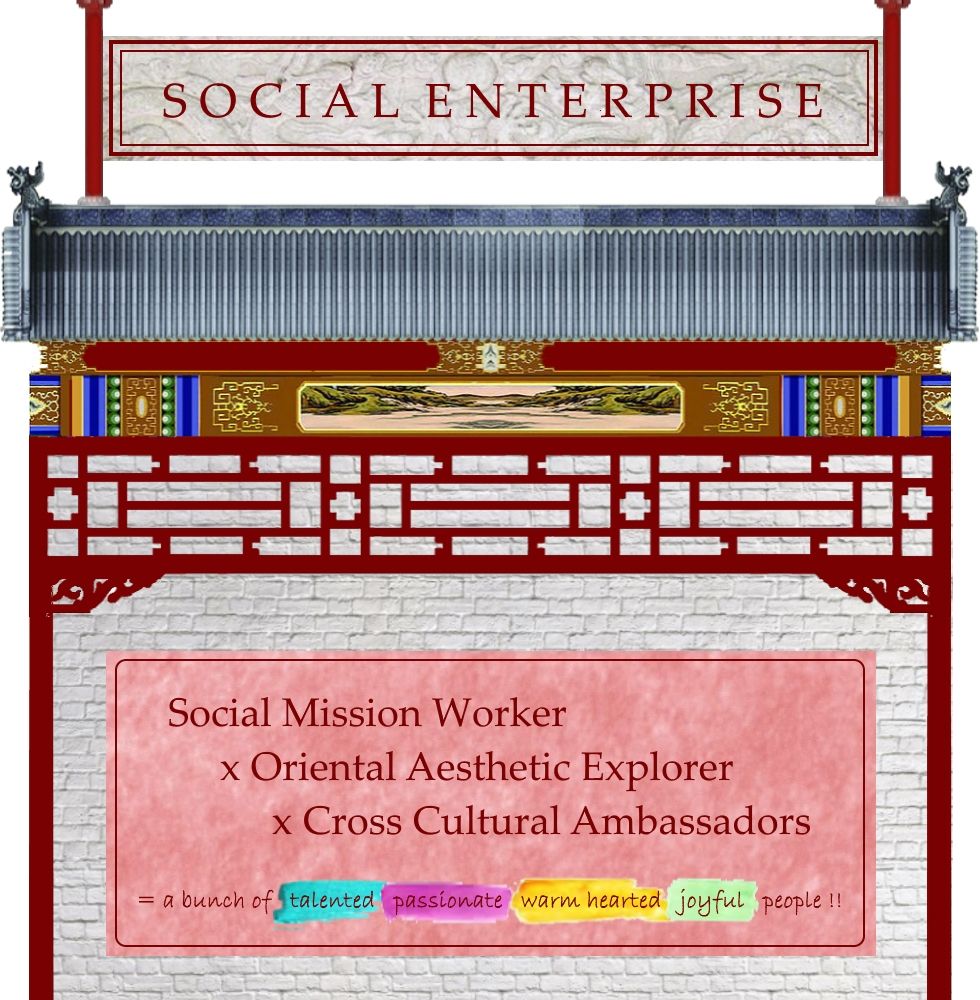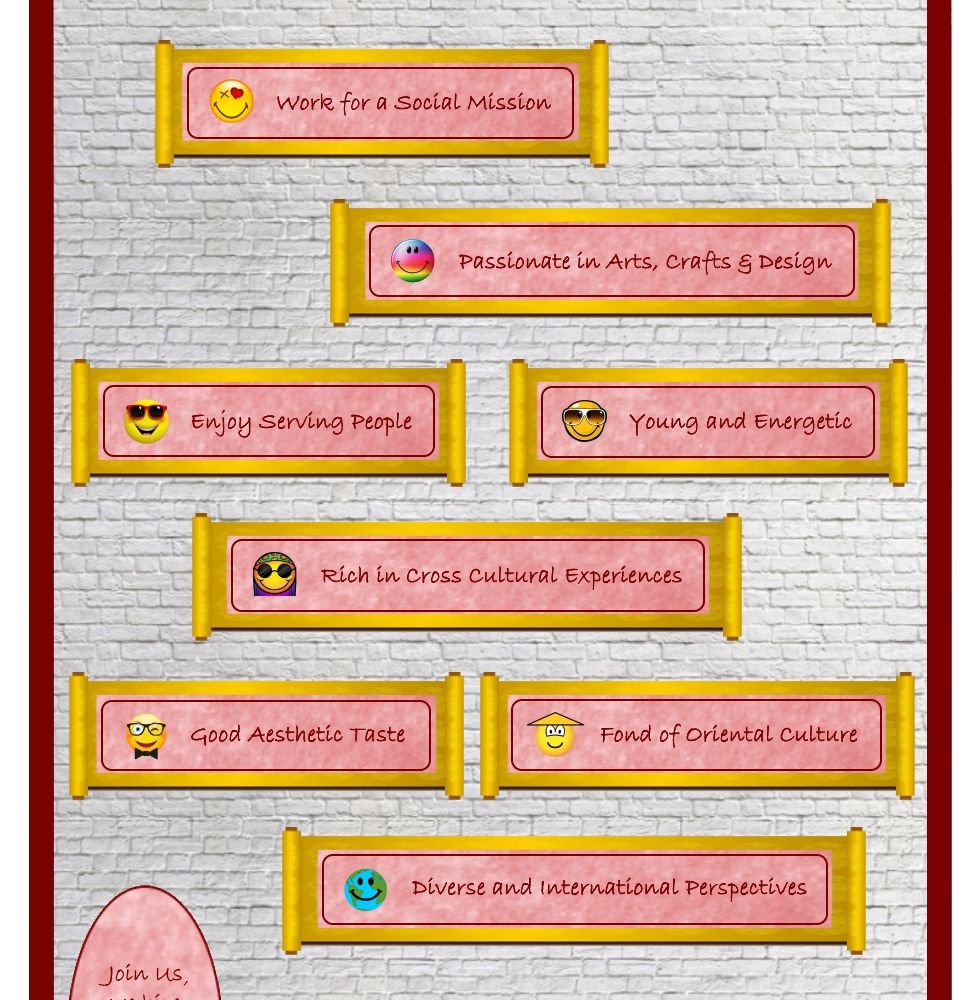Hall of Fame: Yip Man
29th Jul 2017

Yip Man (1893-1972)
(Also known as Ip Man)
“Do not fight with the strength, absorb it, and it flows, use it”. -- Yip Man
This issue’s Hall of Fame star is Yip Man, known widely as “Master of Wing Chun”. Ironically, despite his huge influence on the practice of Martial Arts, few westerners understand his life and legacy.
“Wing Chun” is a style of Martial Arts which translates literally as “singing spring fist”.
Yip Man was the first to establish a modern martial-arts school in Hong Kong, in the early 1950s. He was born in Foshan, Guangdong (South China) and first learnt Wing Chun there as a teenager.
A Significant Encounter in the Street
His fortunes changed when a relative supported his move to the prestigious St. Stephen’s College in Hong Kong.
It was here that a significant encounter was said to have taken place; Yip Man witnessed a foreign police officer beating a woman, and managed to strike down the police officer himself, using his martial arts skills, before running back to school.
After this incident, a classmate spread the word. Soon Yip Man was invited to see an old man, who was a Martial Arts elder, a fellow disciple of Yip Man’s old Master. He resumed his training with this man, called his “Martial Uncle” by Chinese tradition.
Return to Mainland China to become a policeman

Several years later, Yip Man returned to his hometown of Foshan, Guangdong where he became a policeman. He privately taught some of his friends and colleagues Wing Chun, and people became aware of how much he had improved his techniques due to his training in Hong Kong. The Japanese Occupation (1931-1945) saw Yip Man leave Foshan for one of his student’s village houses. After the War, he returned to Foshan serving as a police officer, though he was to return to Hong Kong by 1949.
The opening of his Martial Arts School

Yip Man set up a Martial Arts school, which was initially unpromising. Students were generally uncommitted and rarely stayed more than a couple of months.
However, several of his students trained hard, and became highly skilled. They started their own schools, and fought against other Martial Artists, beating them and thus strengthening the reputation of Yip Man’s school.
1967 is an important year in the history of Martial Arts, as Yip Man and several of his students started the Hong Kong Wing Chun Athletic Association. Wing Chun was now formalised as a discipline.
Sadly, Yip Man died just five years later, in 1972. His career had shaped the future of Wing Chun, introducing a standardised training system. Furthermore, through the efforts of his students, who included Bruce Lee, Yip Man’s work was to become known to the world, as the fame of Wing Chun spread internationally.
Written by Nikita Hayward
Posted by Yuqing@ InteractChina.com
About Interact China
“A Social Enterprise in E-commerce Promoting Oriental Aesthetic Worldwide”
Aileen & Norman co-founded Interact China in 2004 with specialization in fine Oriental Aesthetic products handmade by ethnic minorities & Han Chinese. Having direct partnerships with artisans, designers, craft masters and tailors, along with 12 years of solid experience in e-commerce via InteractChina.com, we are well positioned to bridge talented artisans in the East with the rest of the world, and directly bring you finely selected products that are of good quality and aesthetic taste.
So far we carry 3000+ goods covering Ladies Fashion, Tailor Shop, Home Furnishings, Babies & Kids, Painting Arts, Textile Arts, Carving Arts, Tribal Jewelry Art, Wall Masks and Musical Instruments. Our team speak English, French, German, Spanish and Italian, and serve customers worldwide with passion and hearts.
P.S. We Need People with Similar Passion to Join Our Blogging Team!
If you have passion to write about Oriental Aesthetic in Fashion, Home Decor, Art & Crafts, Culture, Music, Books, and Charity, please contact us at bloggers@interactchina.com, we would love to hear from you!
























